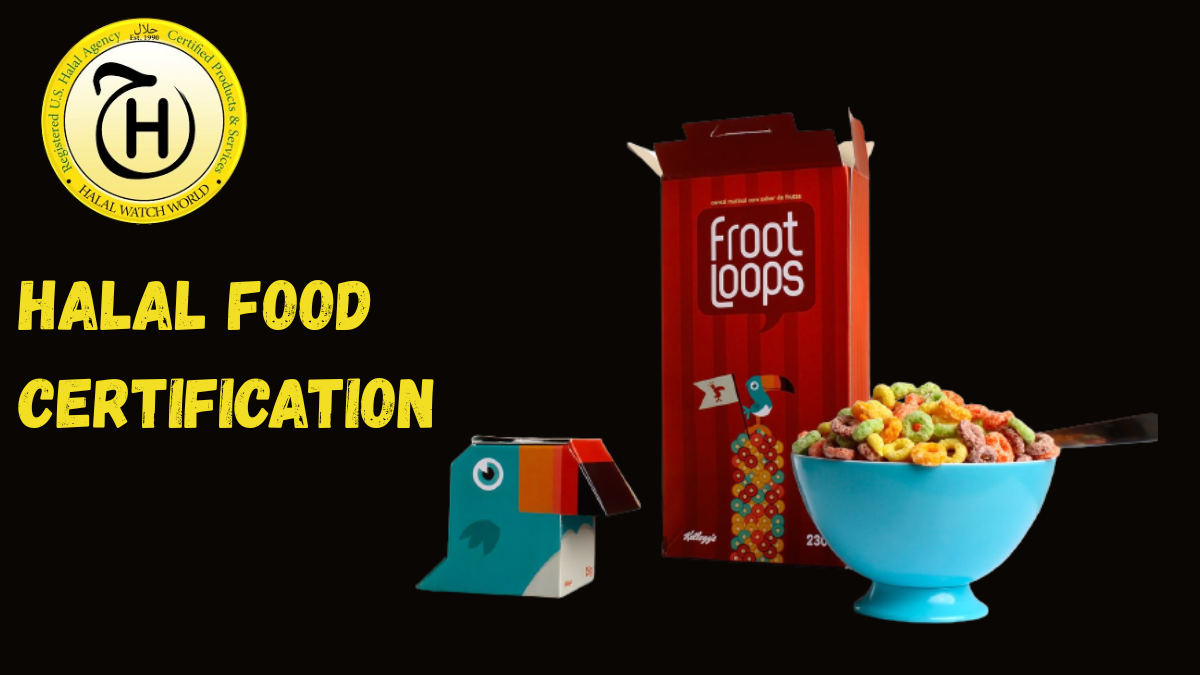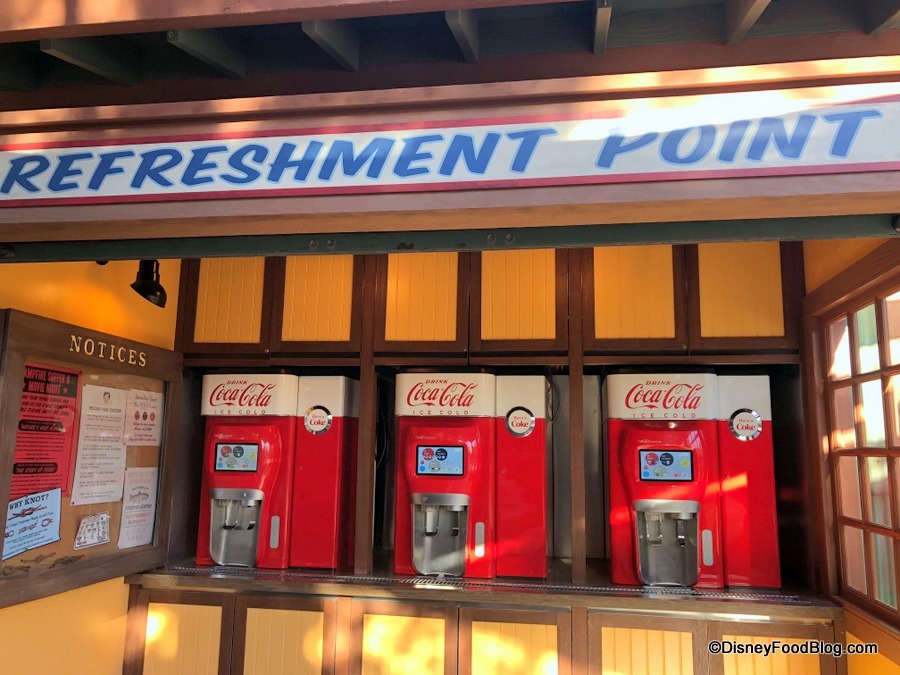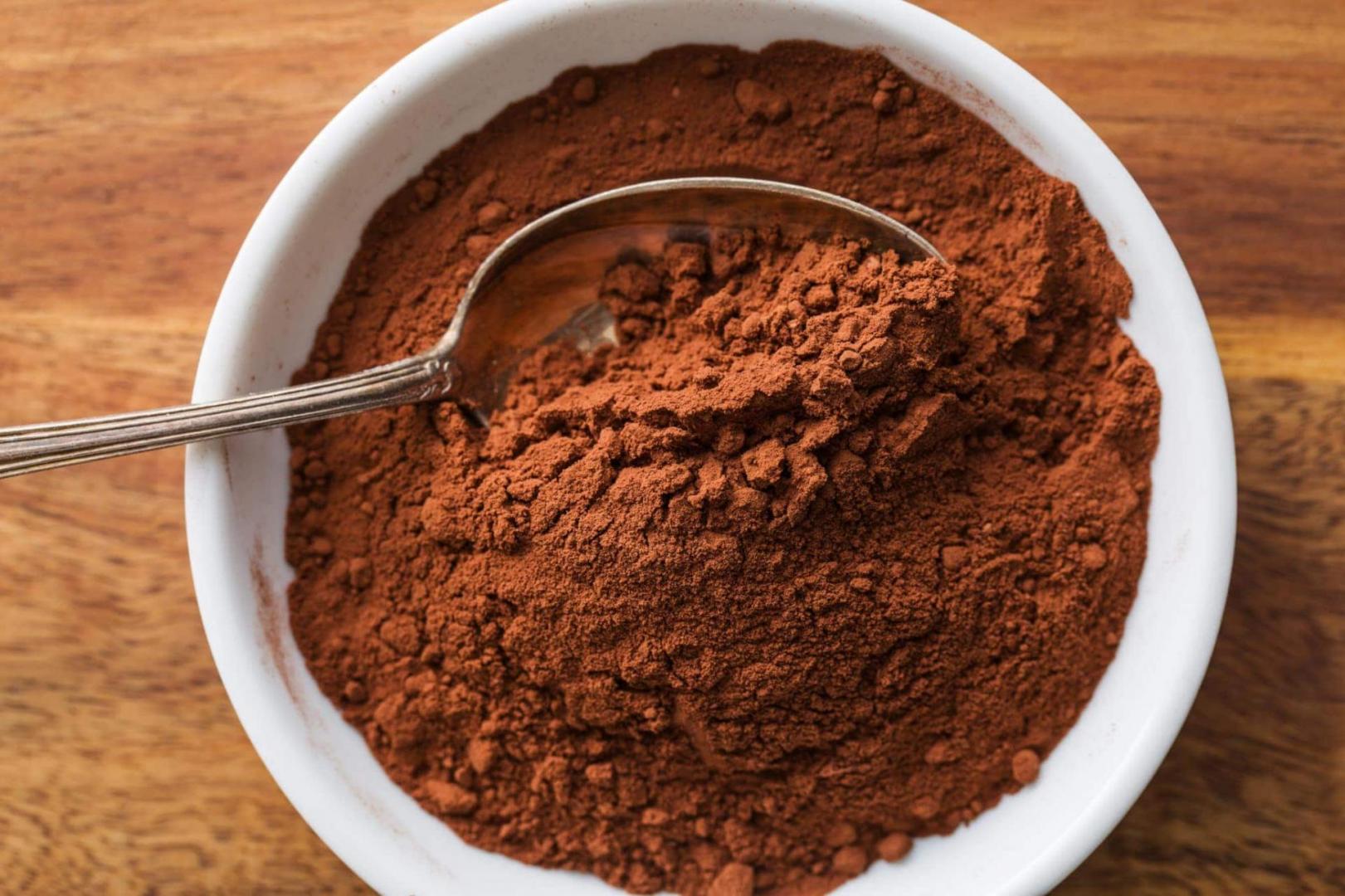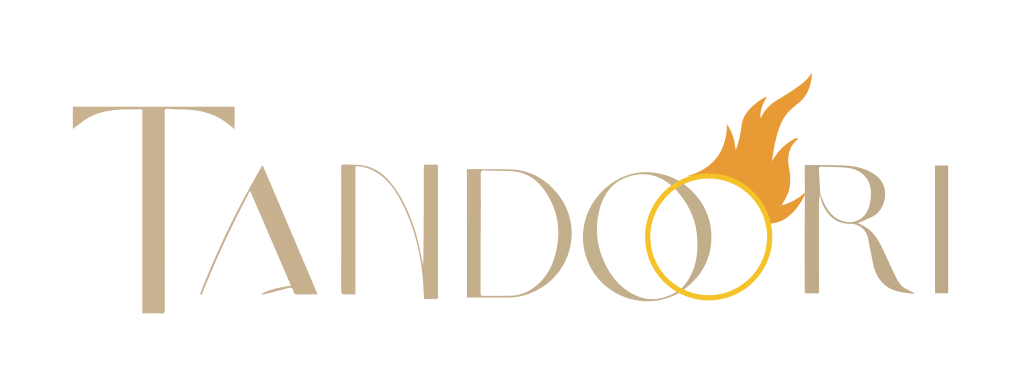Halal certification is a process confirming that products or services adhere to Islamic dietary and lifestyle principles, making them permissible for Muslim consumers. This verification is conducted by a recognized, independent third-party body. While often associated with food, the scope of halal extends to cosmetics, pharmaceuticals, and even logistics and tourism, reflecting a holistic approach to compliance with Islamic law (Shariah). The Arabic word “halal” translates to “permissible” or “lawful.” Its opposite is “haram,” meaning forbidden.
Importance of Halal Compliance for Businesses
Gaining halal certification holds significant weight for businesses looking to access the vast global Muslim consumer market. With a substantial and growing Muslim population worldwide, the demand for halal-certified products is constantly increasing. Certification acts as a mark of trust and assurance for Muslim consumers, who prioritize adherence to their religious values in their purchasing decisions. This trust can lead to increased consumer loyalty and expanded market reach.
Beyond religious observance, halal certification often implies high standards of hygiene, ethical practices, and quality control throughout the supply chain. This can appeal to a broader consumer base, including those who prioritize ethical sourcing and production methods. For businesses aiming to export to Muslim-majority countries, halal certification is frequently a mandatory requirement for market entry. It opens doors to lucrative markets in regions such as the Middle East, Southeast Asia, and parts of Africa. Furthermore, obtaining certification can enhance a brand’s reputation and demonstrate a commitment to inclusivity and cultural sensitivity.
The Process of Obtaining Halal Food Certification
Acquiring halal food certification involves a structured process to ensure compliance with Islamic guidelines from ingredients to final product. The specific steps can vary slightly depending on the certifying body, but generally include:
- Application: The business submits a formal application to a chosen halal certification service. This application typically requires detailed information about the company, the products or services to be certified, ingredient lists, sourcing details, and production processes.
- Document Review: The certification body’s experts review all submitted documentation to ensure that ingredients and processes align with halal requirements. This step is critical in identifying any potential non-compliance early in the process.
- On-site Inspection/Audit: Experienced auditors from the certification body conduct a thorough inspection of the production facility. This involves examining the entire production line, raw material storage, processing methods, equipment cleanliness, and packaging procedures. The audit aims to verify that there is no cross-contamination with non-halal substances and that all operations adhere to halal standards. For food production, this includes verifying proper animal slaughter procedures if applicable.
- Shariah Review: In many cases, Islamic scholars associated with the certification body review the audit findings and documentation to ensure compliance from a religious perspective.
- Certification Decision: Based on the document review, on-site audit, and Shariah review, the certification body makes a decision regarding certification.
- Issuance of Certificate: If the business meets all requirements, a halal certificate is issued for a specified period, typically one to three years. This certificate allows the business to use the certification body’s halal mark or logo on its certified products and marketing materials.
Maintaining Halal Certification requires ongoing adherence to the standards and often involves periodic surveillance audits by the certifying body.
Halal Certification in the USA
The demand for halal certification in the USA is significant and growing, driven by the increasing Muslim population and the desire of American businesses to access international halal markets. Several reputable halal certification bodies operate within the United States, offering services across various industries. These organizations work to ensure that products and facilities comply with recognized halal standards, which may be based on national or international guidelines.
For businesses in the USA, obtaining halal certification not only caters to the domestic Muslim consumer base but also provides a competitive edge in the global marketplace. American companies with halal certification can confidently export to countries where such certification is required or highly valued. The process for obtaining halal certification in the USA follows the general steps outlined above, with certifying bodies offering guidance and expertise tailored to the US regulatory environment.
Understanding Halal Certification Fees
The cost of halal certification is not fixed and can vary significantly depending on several factors. Businesses considering certification should obtain a detailed quote from their chosen halal certification service. Factors influencing halal certification fees include:
- Type of Product or Service: The complexity of the product (e.g., meat processing vs. packaged goods) impacts the audit scope and cost.
- Size and Complexity of the Facility: Larger facilities or those with multiple production lines may incur higher fees due to the increased scope of inspection.
- Number of Products or Ingredients: A wider range of products or a complex ingredient list requires more extensive review and verification.
- Location of the Facility: Travel and accommodation costs for auditors can influence the overall fee.
- Chosen Certification Body: Different certification bodies have different fee structures and service packages.
- Initial Certification vs. Surveillance Audits: Initial certification is typically more involved and thus may cost more than subsequent annual surveillance audits.
Fees may be structured as application fees, annual certification fees, audit fees, and sometimes fees per product or ingredient. Businesses should carefully evaluate the fee structure and services offered by different halal certification services to find the best fit for their needs.
Halal Certification Services Available
A range of halal certification services are available globally and within the USA, provided by various organizations and bodies. These services encompass the entire certification process, from initial application and document review to on-site audits, Shariah compliance verification, and issuance of the halal certificate. Many certification bodies also offer related services such as training on halal standards, pre-assessment audits, and ongoing support to help businesses maintain compliance.
When selecting a halal certification service, businesses should consider the organization’s accreditation, reputation, experience in their specific industry, and recognition in target markets. Some organizations, like those potentially associated with “Halal Watch halal certification,” may offer specific services or have particular areas of focus. It is prudent for businesses to research and compare different providers to ensure they choose a credible and suitable partner for their certification needs.
Halal Certificate for Restaurant Operations
Obtaining a halal certificate for a restaurant is a specific application of halal certification that addresses the unique aspects of food service. For restaurants, certification confirms that all food served is halal, encompassing ingredient sourcing, preparation methods, kitchen cleanliness, and prevention of cross-contamination with non-halal items.
The process for restaurants mirrors the general steps but with a focus on restaurant-specific operations. Auditors will examine suppliers to ensure ingredients like meat are sourced from halal-certified providers. They will also inspect the kitchen layout, equipment usage, storage practices, and cleaning procedures to guarantee that halal integrity is maintained from preparation to serving. Staff training on halal handling practices is also a crucial component. A halal certificate for a restaurant assures Muslim diners that they can eat there confidently, knowing that the food complies with Islamic dietary laws. This can significantly expand a restaurant’s customer base and enhance its reputation within the community.
Read more exciting news on viewsparrow.com













